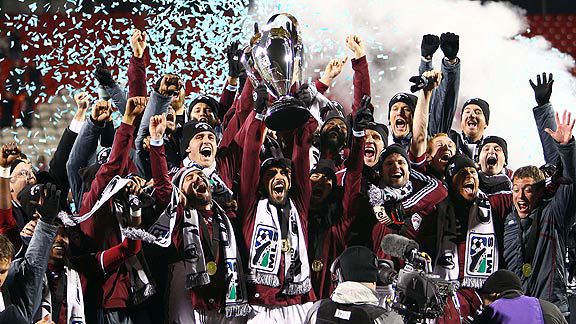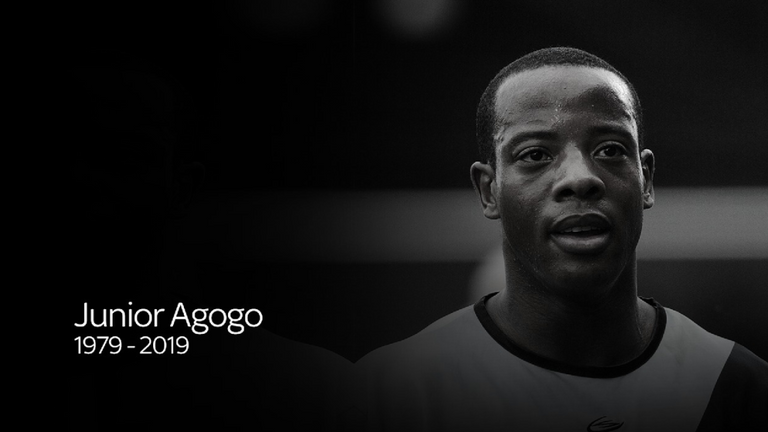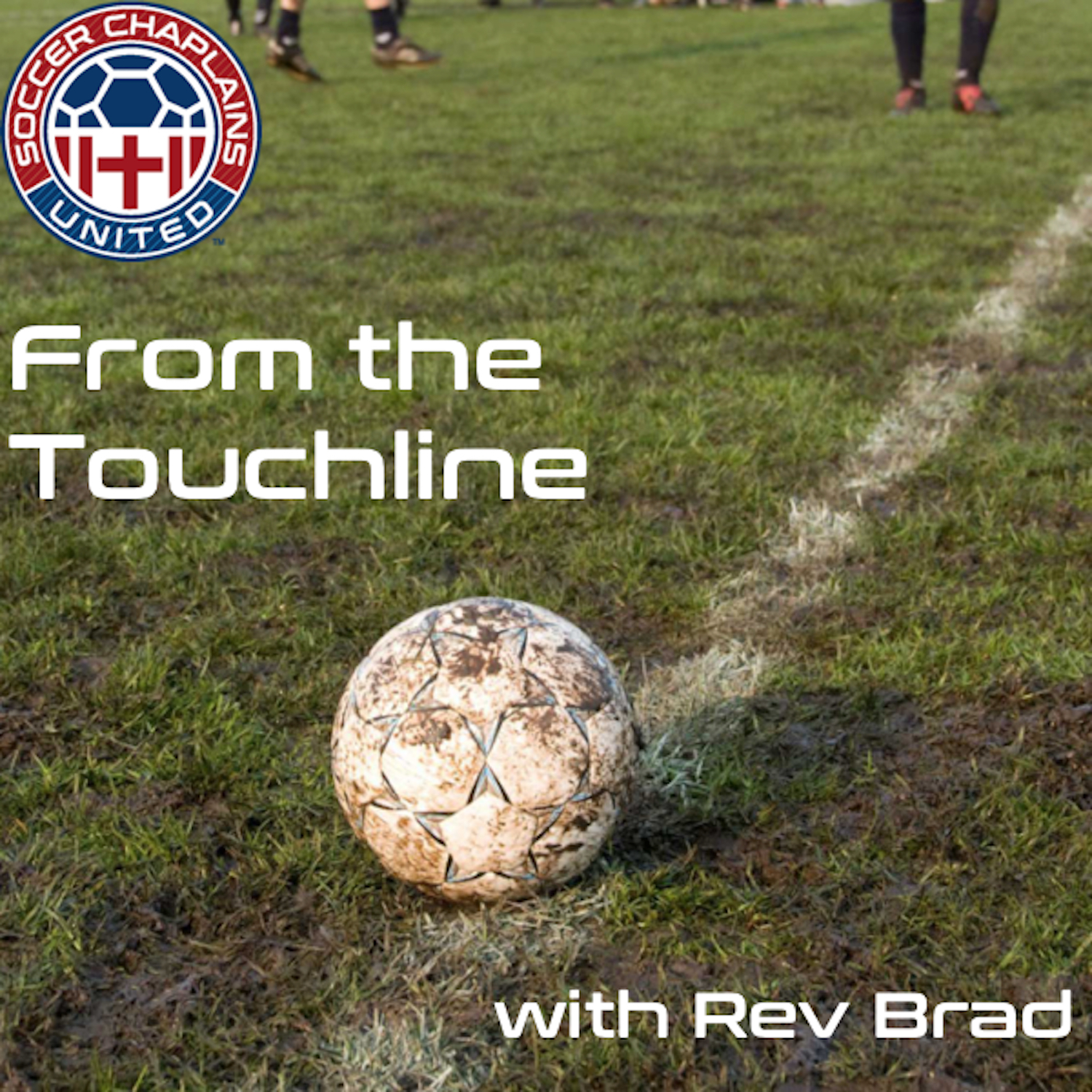From the Rev: More than Luck
 The other day at the stadium, one of the Colorado Rapids staff members said, “Thanks for the luck!” The team had just scored a couple of goals against an important rival and looked to win it’s first game of the season. The comment reminded me of the superstition that surrounds much of professional sport – from the player wearing the same socks game after game or makes the sign of the cross before entering the field of play to the coach or executive that hires certain staff or makes certain business decisions in order to keep “luck” on their side.
The other day at the stadium, one of the Colorado Rapids staff members said, “Thanks for the luck!” The team had just scored a couple of goals against an important rival and looked to win it’s first game of the season. The comment reminded me of the superstition that surrounds much of professional sport – from the player wearing the same socks game after game or makes the sign of the cross before entering the field of play to the coach or executive that hires certain staff or makes certain business decisions in order to keep “luck” on their side.

I got the chance to hold and pose with the MLS Cup Anschutz Trophy.
A few years ago, after the Colorado Rapids had won the Major League Soccer Cup (2010) a member of the coaching staff told me, “We need to have you travel with us from now on!” While the time in Toronto was not the first time that I had been with the team on the road, it was the first time that I had traveled exclusively with the team (and not part of a long road trip with the family).
So what does a chaplain do with the superstition that exists and its many forms?
 First, making a distinction between superstition and rhythms can be helpful. There are some things that players, coaches, or teams out of superstition and there are other things that a team does in order to develop a rhythm or pattern. For example, warming up before a game with exercises and drills is more of a pattern than a superstition and a way of preparing the body for the task. In a similar way, an individual player may have their own pattern of preparing for a game – from taking a nap, to reading, to even praying. Sometimes, a rhythmic action can become superstitious (for example, a player who prays before a game having success and then determining that the prayer is what made him successful). This is an area where a chaplain must provide clarity and insight.
First, making a distinction between superstition and rhythms can be helpful. There are some things that players, coaches, or teams out of superstition and there are other things that a team does in order to develop a rhythm or pattern. For example, warming up before a game with exercises and drills is more of a pattern than a superstition and a way of preparing the body for the task. In a similar way, an individual player may have their own pattern of preparing for a game – from taking a nap, to reading, to even praying. Sometimes, a rhythmic action can become superstitious (for example, a player who prays before a game having success and then determining that the prayer is what made him successful). This is an area where a chaplain must provide clarity and insight.
Second, accurately teaching on the character and nature of God. This can be an area that seems very gray. “Does God care who wins and loses a game?” is often a question asked by many (theologians and atheists, alike). If the answer is no, then teaching players and coaches and staff to pray “Give us this day our daily bread.” will seem an inconsistent message. As professional athletes and those involved in sport rely upon successes in order to earn a wage and provide for their families, if a chaplain or theologian (or others) dismiss notions of God caring about providing for them it can do serious damage to one’s spirituality and faith. On the flip side, though, there is a need to also help those same people understand the heart of God and the things that God values. For example, when James writes:
Religion that God our Father accepts as pure and faultless is this: to look after orphans and widows in their distress and to keep oneself from being polluted by the world. (James 1:27)
Here, we can see the value that God places, the priority that is carried within His heart. This is why teaching and reflecting on theological issues is important in sports chaplaincy – so that there can be the maintaining of proper perspective, proper priority.

If you look closely, (left side of picture) you can see my arm (black coat sleeve and white shirt underneath) raised in celebration during the Rapids MLS Cup 2010 celebration. It was a proud moment and difficult not to get too caught up in it all…
Finally, for chaplains themselves, we ought to be careful not to become prideful or boastful about any successes or victories that might be achieved. This is not merely for those involved in sports chaplaincy – any involved in vocational ministry might become enamored with success and might begin believing that they had something to do with it. It is vital to remember that God is sovereign and He wills and moves in ways that are higher than our own devising or understanding. It is God who causes the rain to fall (on the just and unjust) and His purposes are often worked out beyond our immediate comprehension. There may be times when we see the beauty of HIs working things together, but rarely in the moment (especially in moments of suffering).
These are just a few of the ways that a chaplain should engage those being served and help them to see that there is more, really, at hand than “luck.”
Blessings,
Rev. Brad Kenney







